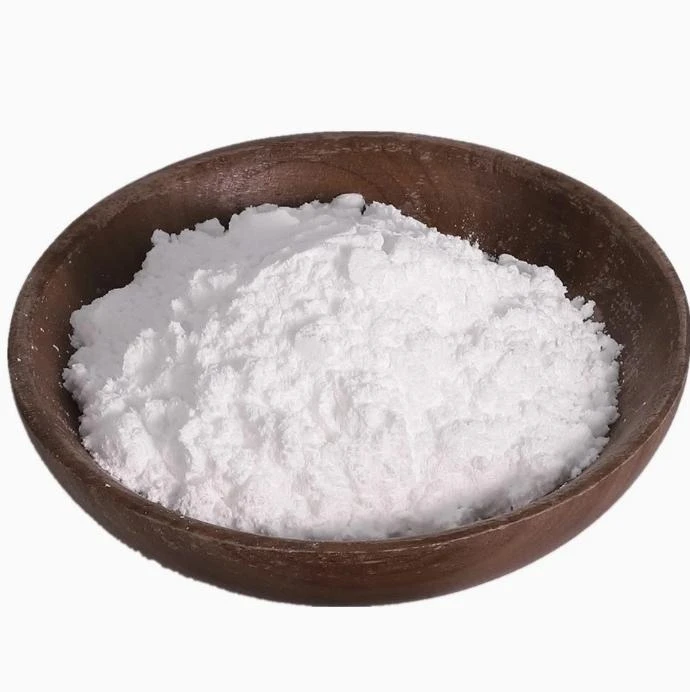Warning: Undefined array key "title" in /home/www/wwwroot/HTML/www.exportstart.com/wp-content/themes/1198/header.php on line 6
Warning: Undefined array key "file" in /home/www/wwwroot/HTML/www.exportstart.com/wp-content/themes/1198/header.php on line 7
Warning: Undefined array key "title" in /home/www/wwwroot/HTML/www.exportstart.com/wp-content/themes/1198/header.php on line 7
Warning: Undefined array key "title" in /home/www/wwwroot/HTML/www.exportstart.com/wp-content/themes/1198/header.php on line 7
- Afrikaans
- Albanian
- Amharic
- Arabic
- Armenian
- Azerbaijani
- Basque
- Belarusian
- Bengali
- Bosnian
- Bulgarian
- Catalan
- Cebuano
- China
- China (Taiwan)
- Corsican
- Croatian
- Czech
- Danish
- Dutch
- English
- Esperanto
- Estonian
- Finnish
- French
- Frisian
- Galician
- Georgian
- German
- Greek
- Gujarati
- Haitian Creole
- hausa
- hawaiian
- Hebrew
- Hindi
- Miao
- Hungarian
- Icelandic
- igbo
- Indonesian
- irish
- Italian
- Japanese
- Javanese
- Kannada
- kazakh
- Khmer
- Rwandese
- Korean
- Kurdish
- Kyrgyz
- Lao
- Latin
- Latvian
- Lithuanian
- Luxembourgish
- Macedonian
- Malgashi
- Malay
- Malayalam
- Maltese
- Maori
- Marathi
- Mongolian
- Myanmar
- Nepali
- Norwegian
- Norwegian
- Occitan
- Pashto
- Persian
- Polish
- Portuguese
- Punjabi
- Romanian
- Russian
- Samoan
- Scottish Gaelic
- Serbian
- Sesotho
- Shona
- Sindhi
- Sinhala
- Slovak
- Slovenian
- Somali
- Spanish
- Sundanese
- Swahili
- Swedish
- Tagalog
- Tajik
- Tamil
- Tatar
- Telugu
- Thai
- Turkish
- Turkmen
- Ukrainian
- Urdu
- Uighur
- Uzbek
- Vietnamese
- Welsh
- Bantu
- Yiddish
- Yoruba
- Zulu
Dec . 11, 2024 09:32 Back to list
Effective Use of Propylene Glycol in Heating Systems for Enhanced Performance
The Role of Propylene Glycol in Heating Systems
Propylene glycol is an organic compound widely used in various industries due to its unique properties and versatility. In heating systems, particularly in residential and commercial applications, propylene glycol serves an essential function as a heat-transfer fluid. This article delves into the significance of propylene glycol in heating systems, its benefits, and considerations for its use.
What is Propylene Glycol?
Propylene glycol, chemically known as 1,2-propanediol, is a colorless, odorless, and tasteless liquid. It is hygroscopic, meaning it can absorb water, and has a low toxicity profile, making it safe for use in many applications, including food and pharmaceuticals. These characteristics make it an ideal candidate for application in heating systems where it provides a reliable medium for transferring heat.
Benefits of Using Propylene Glycol in Heating Systems
1. Effective Heat Transfer Propylene glycol has excellent heat exchange properties. It facilitates the efficient transfer of heat between the heating source and the area requiring heating, ensuring that systems operate smoothly and effectively throughout the cold months.
2. Freeze Protection One of the primary reasons propylene glycol is used in heating systems, particularly in climates with freezing temperatures, is its ability to lower the freezing point of water when mixed. This property helps prevent the fluid in the system from freezing, which can cause damage to pipes and equipment. The freezing point can be adjusted by varying the concentration of propylene glycol in the water mixture.
3. Corrosion Resistance Propylene glycol is less corrosive compared to other antifreeze agents, such as ethylene glycol. This property is critical in prolonging the lifespan of heating system components, including pumps, pipes, and radiators. By reducing corrosion, propylene glycol contributes to lower maintenance costs and enhances the overall efficiency of the heating system.
4. Non-toxic Nature Unlike ethylene glycol, which is toxic and poses health risks if ingested, propylene glycol is generally recognized as safe (GRAS) by the FDA. This quality makes it suitable for use in residential settings, where the safety of occupants is a priority. Its non-toxic nature is particularly advantageous in systems that may inadvertently leak or require servicing.
propylene glycol for heating systems

5. Compatibility Propylene glycol is compatible with various materials commonly used in heating systems, such as metals and plastics. This compatibility ensures that it can be safely used without compromising the integrity of the system.
Considerations for Use
While propylene glycol offers numerous advantages, it's essential to consider certain factors when using it in heating systems
- Concentration The effectiveness of propylene glycol in preventing freezing and ensuring heat transfer is dependent on its concentration in the water mixture. Typically, a concentration of 30% to 50% propylene glycol is used for optimal performance but must be selected based on specific operational conditions and requirements.
- System Maintenance Regular monitoring and maintenance of the heating system are crucial to ensuring the longevity and effectiveness of propylene glycol. Over time, the efficacy of the heat-transfer fluid can decline, necessitating testing and potential replacement to maintain system performance.
- Environmental Impact While propylene glycol is safer than other options, it is essential to manage disposal and leaks properly to minimize environmental impact. Systems should be designed with appropriate containment measures to prevent spills.
Conclusion
Propylene glycol plays a pivotal role in enhancing the efficiency and safety of heating systems. Its excellent heat transfer properties, freeze protection, and low toxicity make it a favorable choice for both residential and commercial applications. By selecting and maintaining the proper concentration and managing the system effectively, operators can ensure reliable performance in all seasons, safeguarding their heating systems while prioritizing safety and efficiency.
Latest news
-
Certifications for Vegetarian and Xanthan Gum Vegetarian
NewsJun.17,2025
-
Sustainability Trends Reshaping the SLES N70 Market
NewsJun.17,2025
-
Propylene Glycol Use in Vaccines: Balancing Function and Perception
NewsJun.17,2025
-
Petroleum Jelly in Skincare: Balancing Benefits and Backlash
NewsJun.17,2025
-
Energy Price Volatility and Ripple Effect on Caprolactam Markets
NewsJun.17,2025
-
Spectroscopic Techniques for Adipic Acid Molecular Weight
NewsJun.17,2025

